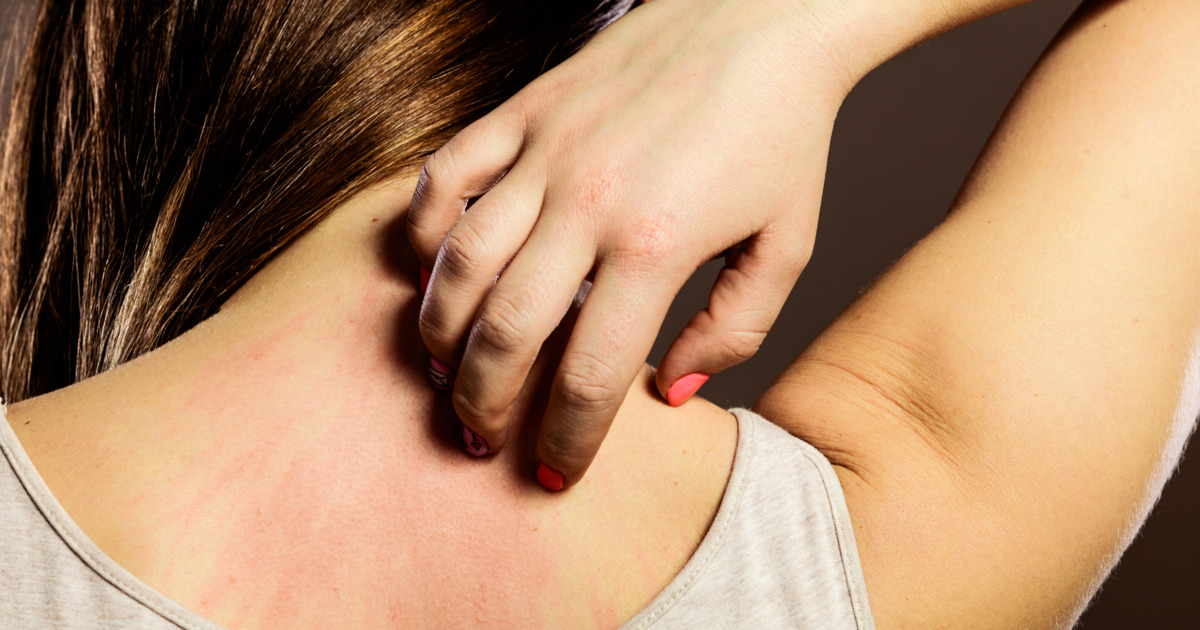Methods Of Treating Bedbug Bites
Resist The Urge To Scratch

When an individual has bedbug bites, scratching is likely the first thing on their mind, as these bites itch as badly as mosquito bites, but are often found in clusters. Itchiness is the most commonly reported side effect of bedbug bites, but it’s crucial not to scratch regardless of how uncomfortable it is. When an individual scratches their bedbug bites, they are inviting a host of complications into the situation. Without being scratched, bedbug bites will easily heal within two weeks. However, scratching can cause bleeding, scarring, and permanent damage, which will last far longer than the bite itself.
Scratching also poses a high risk of infection by breaking the surface of a patient’s skin, as when bedbug bites bleed, they are inviting in bacteria and making a bad situation worse. Resisting the urge to scratch is the most important part of treating bedbug bites. Individuals who scratch will face far longer, far more uncomfortable side effects than those who use compresses and medications to stop the itch.
Reveal the next method of treating bedbug bites now.